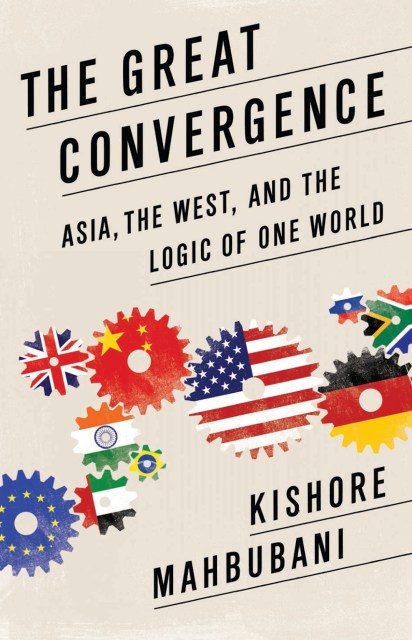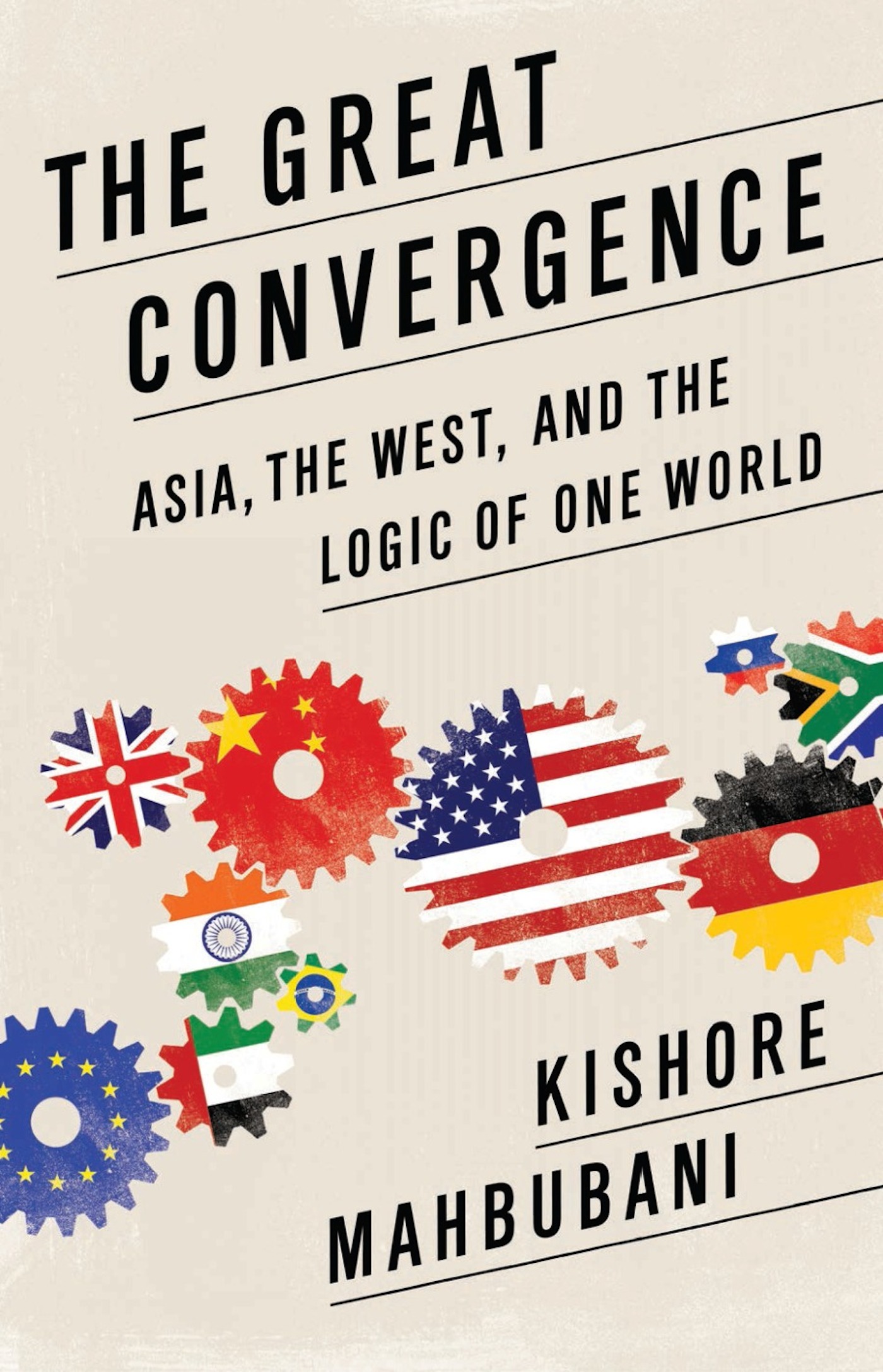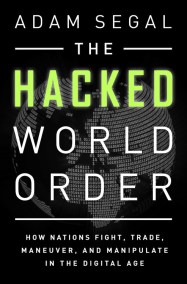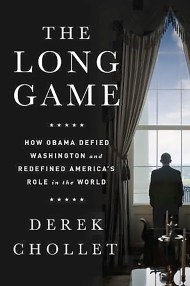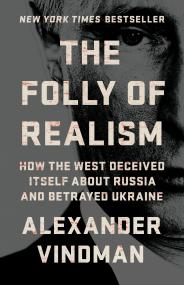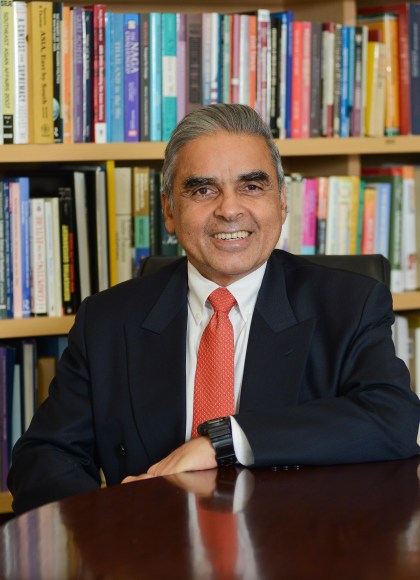By clicking “Accept,” you agree to the use of cookies and similar technologies on your device as set forth in our Cookie Policy and our Privacy Policy. Please note that certain cookies are essential for this website to function properly and do not require user consent to be deployed.
The Great Convergence
Asia, the West, and the Logic of One World
Contributors
Formats and Prices
- On Sale
- Feb 5, 2013
- Page Count
- 328 pages
- Publisher
- PublicAffairs
- ISBN-13
- 9781610390347
Price
$11.99Price
$15.99 CADFormat
Format:
- ebook $11.99 $15.99 CAD
- Trade Paperback $16.99 $21.50 CAD
This item is a preorder. Your payment method will be charged immediately, and the product is expected to ship on or around February 5, 2013. This date is subject to change due to shipping delays beyond our control.
Buy from Other Retailers:
Policymakers all over the world must change their preconceptions and accept that we live in one world. National interests must be balanced with global interests. Power must be shared. The U.S. and Europe must cede some power. China and India, Africa and the Islamic world must be integrated. Mahbubani urges that only through these actions can we create a world that converges benignly. This timely book explains how to move forward and confront many pressing global challenges.
Newsletter Signup
By clicking ‘Sign Up,’ I acknowledge that I have read and agree to Hachette Book Group’s Privacy Policy and Terms of Use
